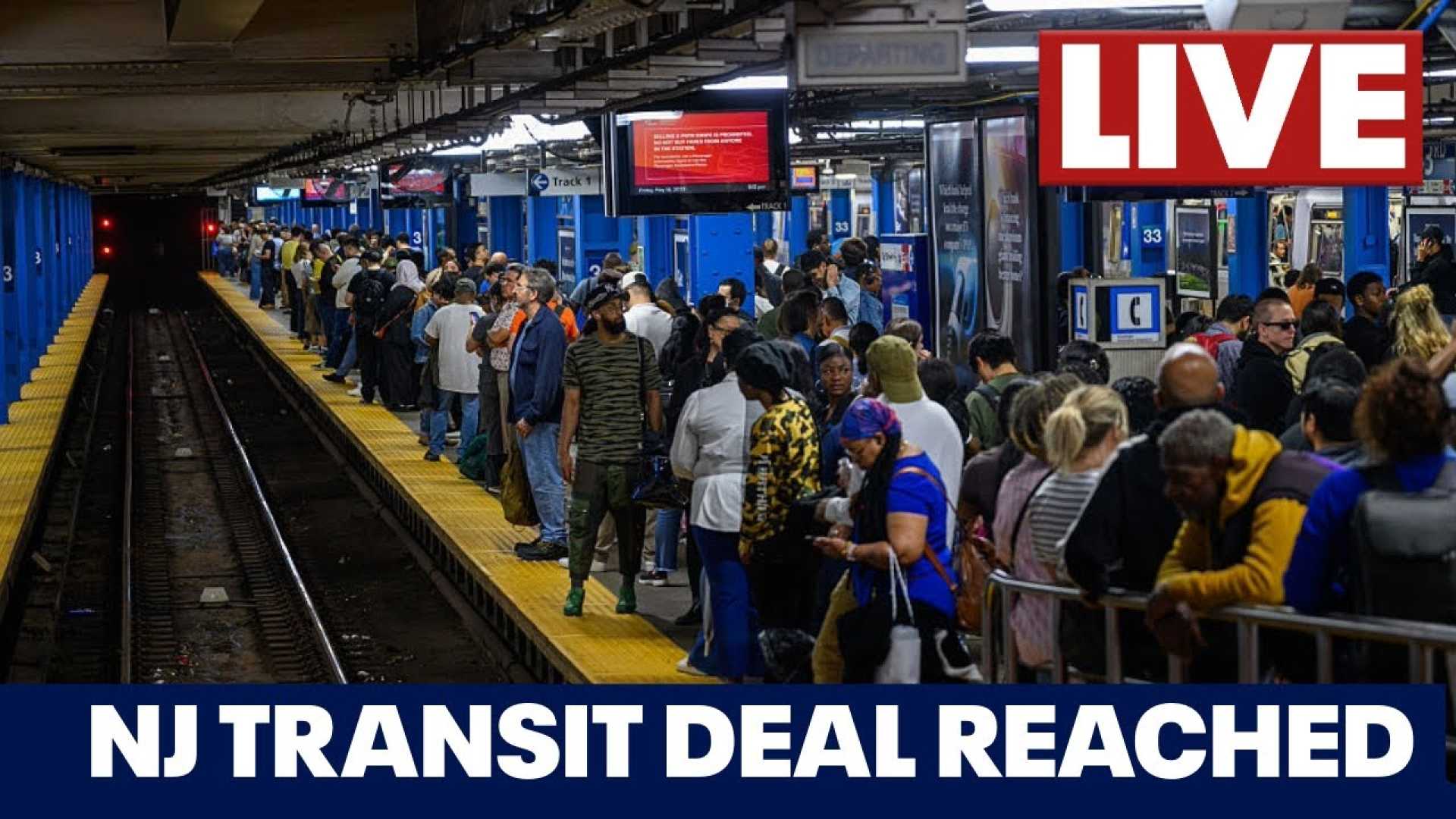News
NJ Transit Faces Challenges Amid Infrastructure Upgrades and Union Negotiations

TRENTON, New Jersey — NJ Transit is navigating significant challenges with over 1,800 train cancellations attributed to Amtrak’s infrastructure issues, weather conditions, and mechanical problems. CEO Kris Kolluri stated that the agency is committed to enhancing rider experiences moving forward. “That is the plan,” Kolluri emphasized, highlighting the need to focus on regular commuting as well as large special events.
In late March, WHYY News interviewed Kolluri before a scheduled strike by the NJ Brotherhood of Locomotive Engineers and Trainmen, or BLET. The union had reached a tentative agreement, pending a vote by its members. Kolluri noted that 2025 will be a crucial year for NJ Transit as it prepares for the FIFA Club World Cup matches in Philadelphia and North Jersey.
“I’m working every waking day to make sure the system works as best as it can,” Kolluri said. He detailed a threefold strategy to achieve this: focusing on customer service, ensuring reliable service, and utilizing the best equipment available.
Last year, the Northeast Corridor, which is owned by Amtrak, suffered from power issues affecting train operations. Kolluri mentioned that Amtrak has proposed a plan to prevent a repeat of those issues this summer. “I’ll be the first one to say that Amtrak is operating on 100-year-old infrastructure,” he admitted.
Although Amtrak owns the tracks, NJ Transit is responsible for the train cars. Kolluri confirmed that new rail cars are on the way, with the first shipment expected in early 2026. “What we are committing to is a continuous improvement of the system,” he said, acknowledging that the agency has struggled to secure necessary attention over the past several decades.
The agency recently reached a deal to end the strike, with Governor Phil Murphy commenting that the agreement is beneficial for all parties involved. However, NJ Transit must still grapple with ongoing infrastructure upgrades and service improvements. Asm. Clinton Calabrese stated, “NJ Transit is as ready as it will ever be,” while recognizing the aging infrastructure and the impact of extreme weather.
Despite these efforts, some riders remain skeptical. Talia Crawford from the Tri-State Transportation Campaign expressed concerns about the lack of visible improvements, such as increased frequency and reliability of service. Recent fare hikes, including a 15% increase and annual 3% increases, have also frustrated passengers.
While Governor Murphy has introduced a temporary tax on profitable corporations to support NJ Transit, advocates argue that a permanent funding source is critical to sustain future operations. Crawford concluded that “there just needs to be more to keep New Jersey Transit going into the future.”












